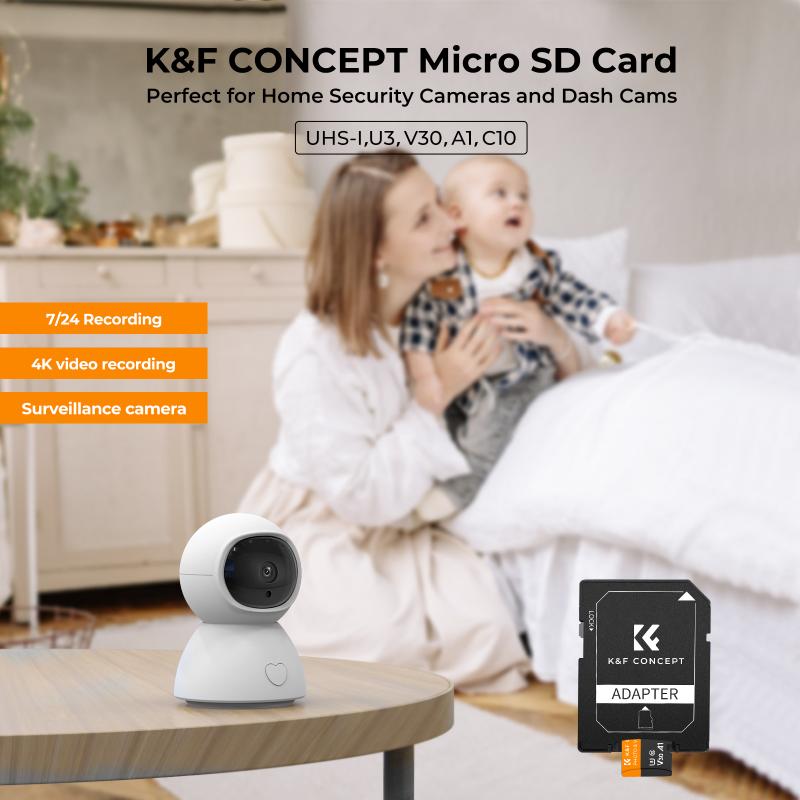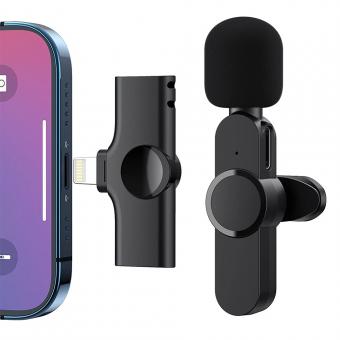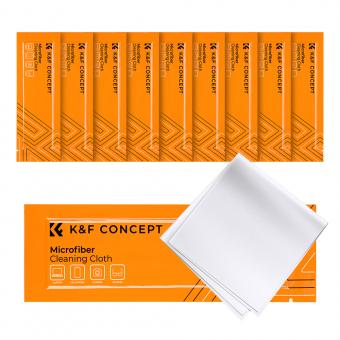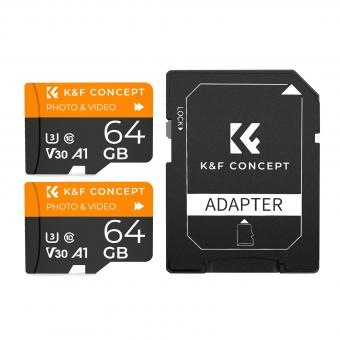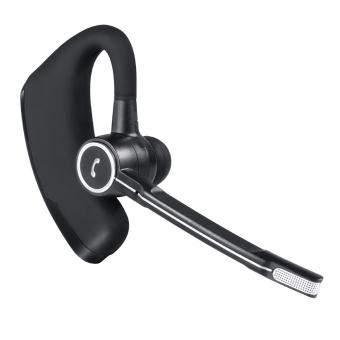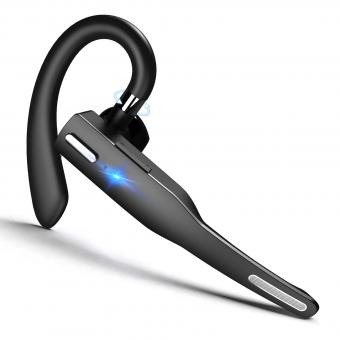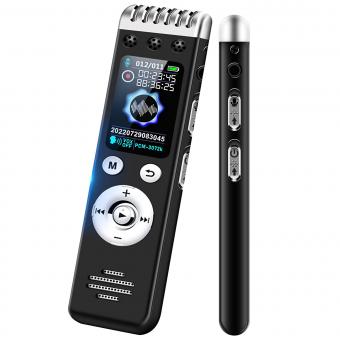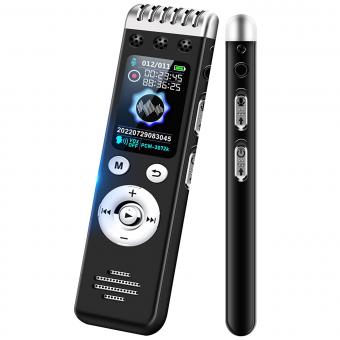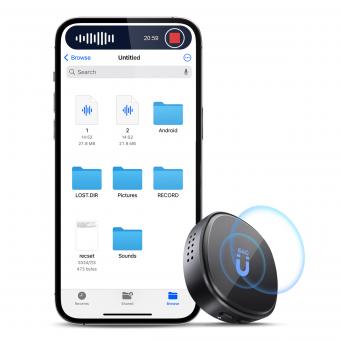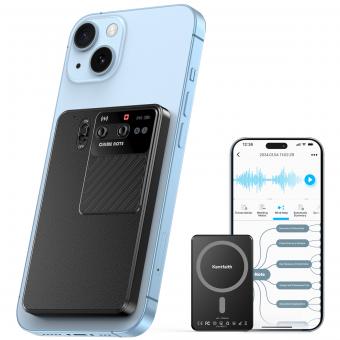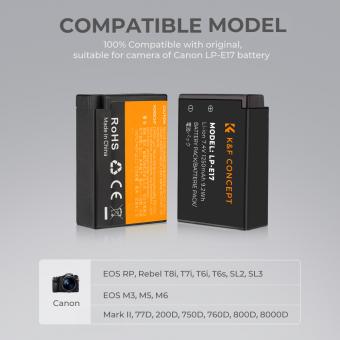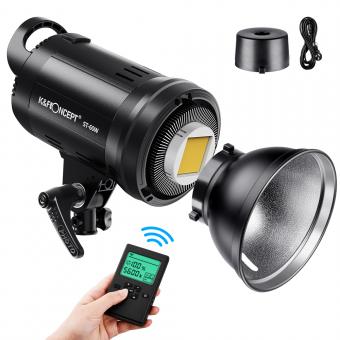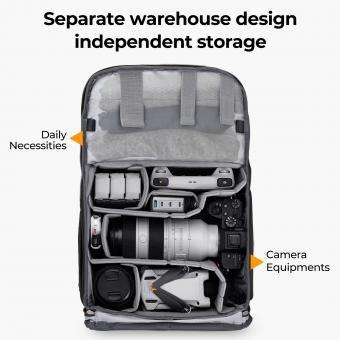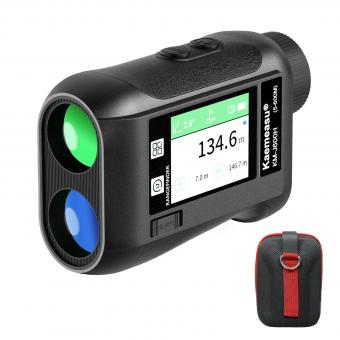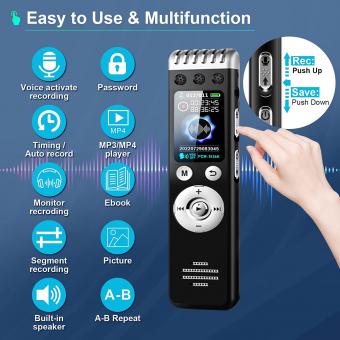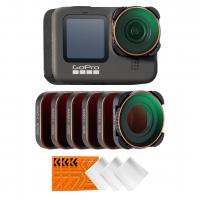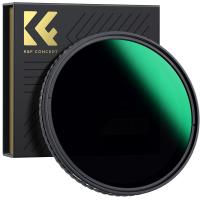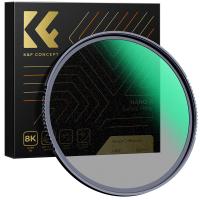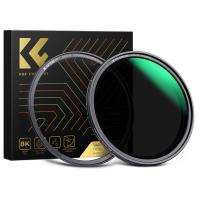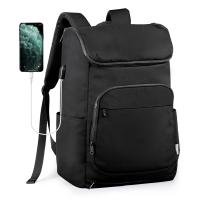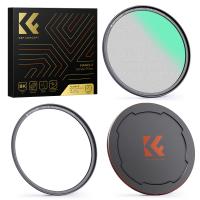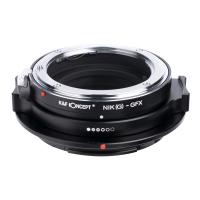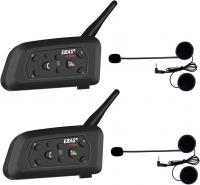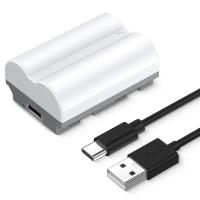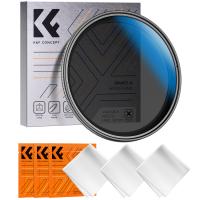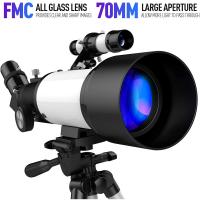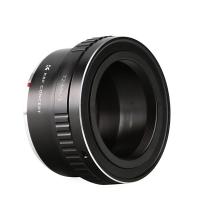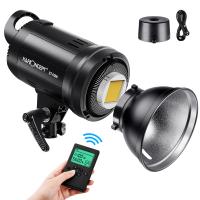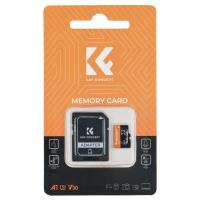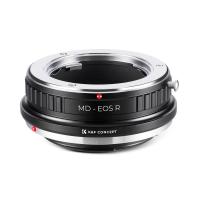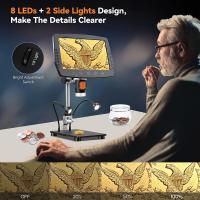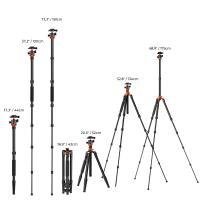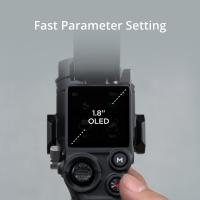What Do Singers Use To Record Their Voice ?
Singers use recording equipment such as microphones, audio interfaces, and digital audio workstations (DAWs) to record their voice.
1、 Microphones
Singers use microphones to record their voice. A microphone is an essential tool in the recording process as it captures the nuances and details of a singer's performance. It converts sound waves into electrical signals that can be amplified and recorded.
Microphones have evolved significantly over the years, with advancements in technology enhancing their capabilities. Today, singers have access to a wide range of microphones that cater to different recording needs and preferences.
One of the latest advancements in microphone technology is the development of condenser microphones. These microphones are highly sensitive and can capture a wide frequency range, making them ideal for recording vocals. They produce a clear and detailed sound, capturing the subtle nuances of a singer's voice.
Another recent development is the rise of USB microphones. These microphones are designed to connect directly to a computer or mobile device, making them convenient for home recording setups. USB microphones offer good sound quality and are popular among singers who want to record their voice at home or on the go.
Additionally, wireless microphones have become increasingly popular in live performances. These microphones allow singers to move freely on stage without being restricted by cables. They provide excellent sound quality and reliability, ensuring a seamless performance.
In conclusion, microphones are the primary tool singers use to record their voice. With advancements in technology, singers now have access to a wide range of microphones that offer improved sound quality, convenience, and flexibility. Whether in the studio or on stage, microphones play a crucial role in capturing and amplifying a singer's voice.

2、 Recording software
Singers use recording software to capture and record their voices. Recording software, also known as digital audio workstations (DAWs), is a crucial tool for musicians and singers in the modern music industry. It allows artists to record, edit, and mix their vocals, creating professional-quality recordings.
Recording software has evolved significantly over the years, with the latest advancements offering a wide range of features and capabilities. These programs provide singers with a user-friendly interface, allowing them to easily navigate and control the recording process. They offer various tracks and channels, enabling artists to layer their vocals and add additional instruments or effects.
One of the key advantages of recording software is its ability to enhance and manipulate vocal recordings. Singers can use features like pitch correction, equalization, and compression to refine their performances and achieve a polished sound. Additionally, advanced software now includes virtual instruments and synthesizers, allowing singers to create entire musical arrangements without the need for a physical band.
Moreover, recording software enables collaboration and remote recording. Singers can share their projects with producers, engineers, and other musicians, regardless of their physical location. This has revolutionized the music-making process, making it easier for artists to work together and create music from different parts of the world.
In conclusion, recording software is an essential tool for singers to capture and refine their vocal performances. With the latest advancements, it offers a wide range of features and capabilities, allowing artists to create professional-quality recordings and collaborate with others in the music industry.
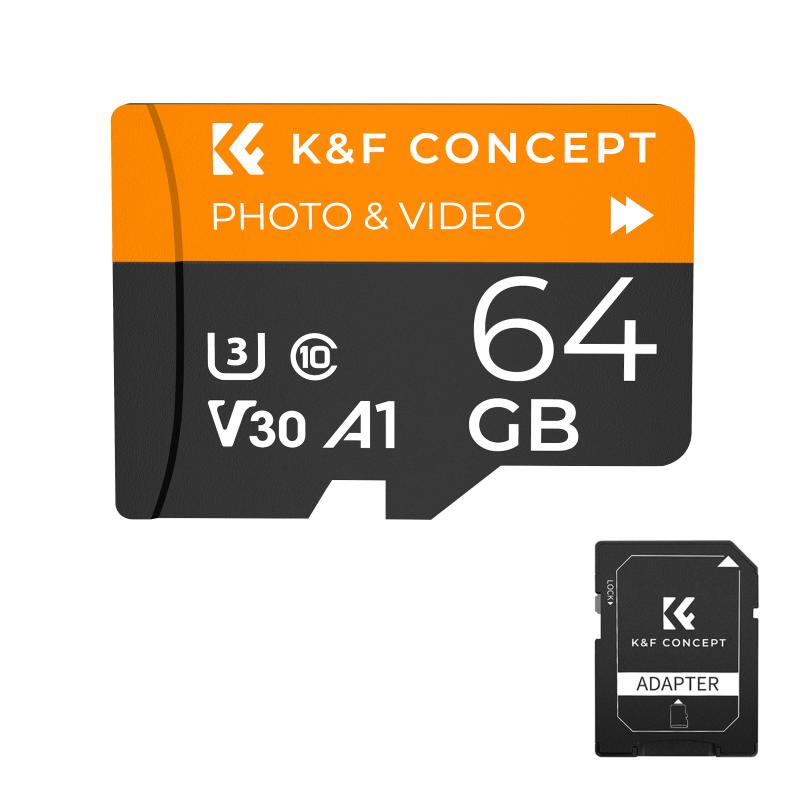
3、 Pop filters
Singers use a variety of tools and equipment to record their voices, and one essential item in their recording setup is a pop filter. Pop filters are screens or filters placed in front of microphones to reduce or eliminate plosive sounds, such as "p" and "b" sounds, that can cause distortion or unwanted noise in the recording.
Pop filters are typically made of a fine mesh material that allows sound to pass through while minimizing the impact of plosive bursts of air. They act as a barrier between the singer's mouth and the microphone, preventing the air from directly hitting the microphone's diaphragm. This helps to produce a cleaner and more professional sound quality.
In addition to reducing plosive sounds, pop filters also help to minimize sibilance, which is the harsh "s" sound that can be exaggerated during vocal recordings. By diffusing the airflow, pop filters create a smoother and more balanced sound, enhancing the overall clarity of the singer's voice.
It's worth noting that pop filters are not the only tool used by singers to record their voices. They also rely on high-quality microphones, headphones, audio interfaces, and recording software to capture their vocals accurately. However, pop filters play a crucial role in ensuring that the recorded vocals are free from unwanted noise and distortion.
In recent years, advancements in technology have led to the development of new types of pop filters. Some filters now incorporate additional features such as adjustable arms or goosenecks, allowing singers to position the filter precisely in front of the microphone. Others are designed to be easily attachable and detachable, making them more portable and convenient for singers who record in different locations.
Overall, pop filters remain an essential tool for singers when recording their voices, helping them achieve professional and polished vocal recordings.
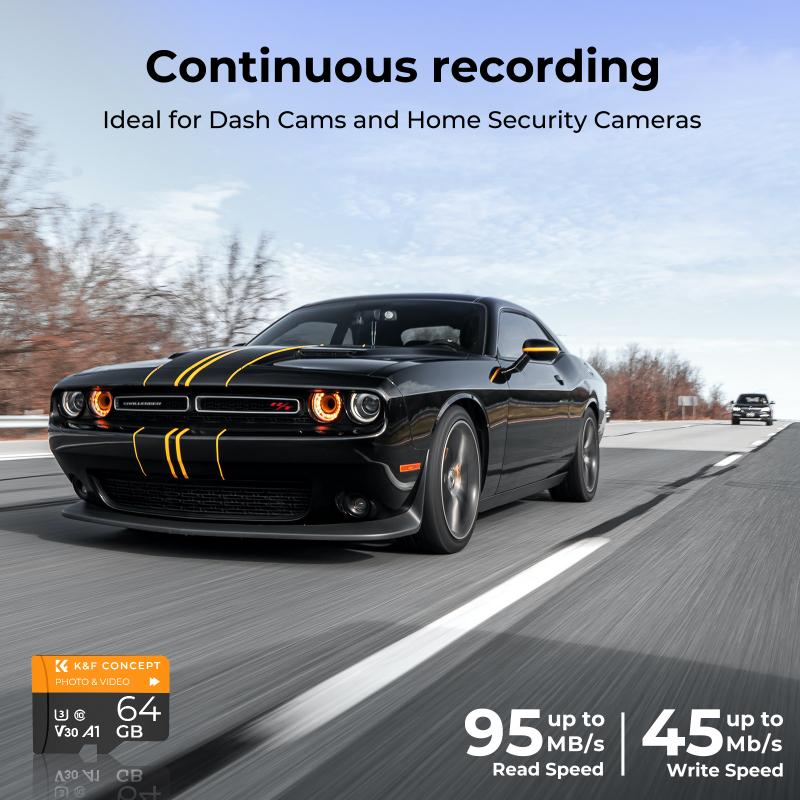
4、 Studio headphones
Studio headphones are an essential tool for singers when it comes to recording their voice. These headphones are specifically designed to provide accurate and detailed sound reproduction, allowing singers to monitor their vocals with precision during the recording process.
One of the key features of studio headphones is their ability to provide a flat frequency response. Unlike consumer headphones that often enhance certain frequencies to make the music sound more appealing, studio headphones aim to reproduce sound as accurately as possible. This is crucial for singers as it allows them to hear their voice exactly as it is, without any coloration or distortion. By using studio headphones, singers can identify any imperfections or nuances in their vocal performance and make necessary adjustments.
Moreover, studio headphones offer excellent isolation from external noise. This is particularly important in a recording environment where background noise can interfere with the clarity of the vocals. By blocking out external sounds, singers can focus solely on their voice and deliver a more controlled and precise performance.
In recent years, advancements in technology have led to the development of wireless studio headphones. These wireless options provide singers with greater freedom of movement during recording sessions, eliminating the hassle of tangled cables. Additionally, some wireless studio headphones offer features such as noise cancellation, further enhancing the isolation and clarity of the vocals.
In conclusion, studio headphones are an indispensable tool for singers when it comes to recording their voice. With their accurate sound reproduction and excellent isolation, these headphones allow singers to monitor their vocals with precision and deliver the best possible performance. The latest advancements in wireless technology have only added to the convenience and versatility of studio headphones, making them an even more valuable asset for singers in the recording studio.
